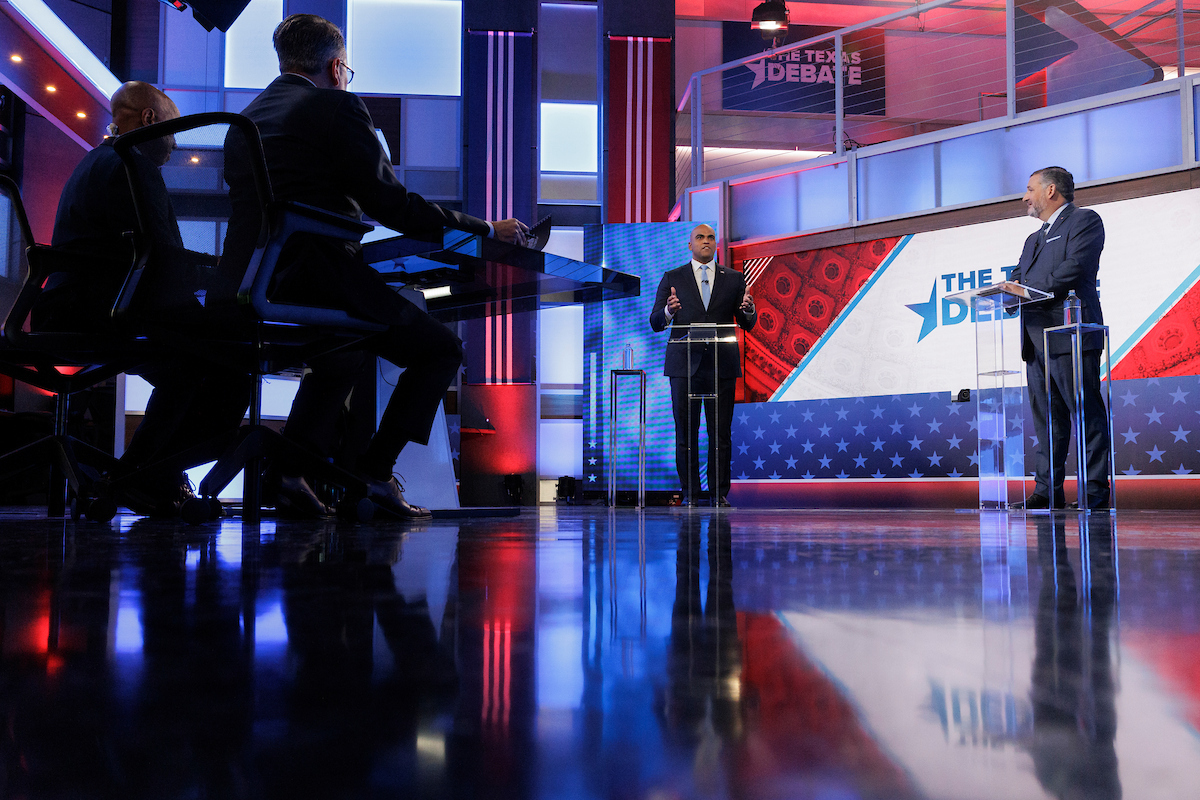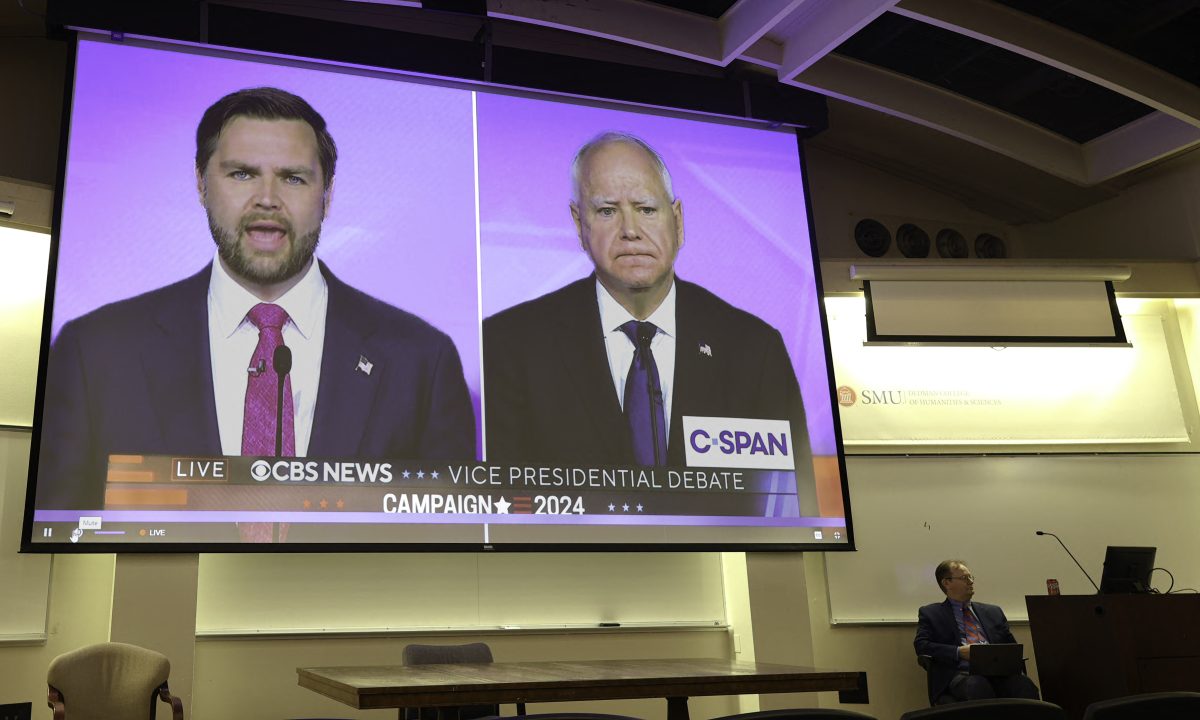In recent years, Andrew Shipley, a first-year biology major atSMU, has taken a real interest in politics.
In November Shipley will have his first opportunity to vote in apresidential election. He plans to make his voice heard.
“This is the time — I think you should takeadvantage of it,” Shipley said. “Your vote can changethe way this country goes.”
Shipley is part of a growing number of college studentsexpressing interest in the political process since Sept. 11 and thewar in Iraq, according to studies by the Institute of Politics atHarvard University’s John F. Kennedy School ofGovernment.
Studies conducted in April and October of 2003 by the Instituteof Politics also suggest that college students will turn out ingreater numbers in the 2004 elections than in recent elections andthat they could become a key swing group.
Dr. Dennis Simon, associate professor of political science, hasnoticed this trend on the SMU campus.
“I’ve noticed a heightened level of interest largelybecause Bush went from governor to the White House,” Simonsaid. “SMU is predominantly Republican and Bush is popular inthe state.”
The political science department has seen an increase in itsnumber of majors, the number one factor indicating a growinginterest in politics at SMU, said Simon.
According to the political science department, the number ofmajors as of Jan. 1 is around 223, compared to 168 majors in 2002and 97 majors in the fall of 1997.
Kellee West, a political science and Spanish major, has noticeda lot of people minoring or majoring in politics.
“Since [Sept. 11,] politics isn’t the taboo subjectit was before,” said West.
The studies found that Sept. 11 gave college students a sense ofpurpose and new meaning to the concept of public service.Seventy-one percent of students said they have given blood,volunteered time or donated money to relief efforts, the studiessaid.
Students do keep up with current events and issues of terrorismand war in Iraq are their greatest concerns, the studies said.
Voter turnout in presidential elections in the 18-24 agedemographic has nationally declined throughout the years, accordingto the studies. In 1972, 50 percent of eligible voters age 18-24voted in the presidential election. In 1996, the number was down to32 percent.
Students have yet to be anchored in communities and professions,which has played a significant role in low voter turnout amongcollege students, said Simon.
The Institute of Politics’ October 2003 survey indicatesthat this declining voter participation may change in time for the2004 election. About 59 percent of college students surveyed will”definitely be voting” in November, the study said.
Diego Lopez, a junior computer engineering and math major, hasnoticed that Sept. 11 and the war in Iraq are key reasons why SMUstudents have strong opinions on politics.
“We’re more aware of how politics play a direct rolein life,” said Lopez. “With the war, people start toquestion why we do things.”
Julie Shields, a junior pre-law and journalism major, saidissues such as the job market and economy keep her followingpolitics. However, she does not see others display the sameinterest.
“I think the campus population is so homogenous relativeto other schools that heated debates don’t arise asoften,” Shields said.
It’s too soon to tell whether college students will takeover the role of swing voters in the presidential election, saidSimon.
College students may not be the only group with the power toswing an election, said Dr. Harold Stanley, a Geurin-PettusDistinguished Chair in American Politics and Political Economy atSMU.
“Anyone can be a swing group if the election is closeenough,” Stanley said.
For Kerrie Smith, a junior journalism and political sciencemajor, it all comes down to getting students to vote for the firsttime.
“I think it’s going to take get-out-the-vote rallies… something that gets them excited,” Smith said.
Choosing to vote makes college students political participants,not just political objects, said Stanley.
“I think college students should vote in any election asan important definitional part of who they are,” Stanleysaid. “Not voting is also a choice—it basically meansother people will be making the decision.”








